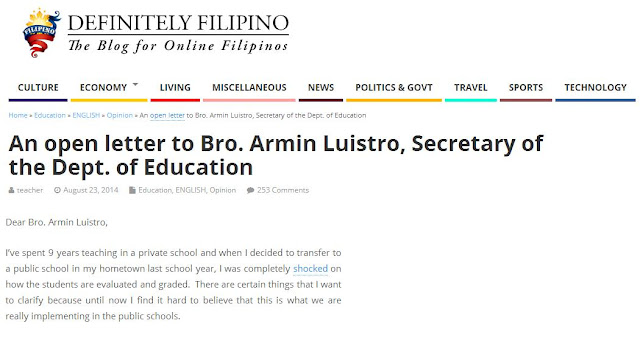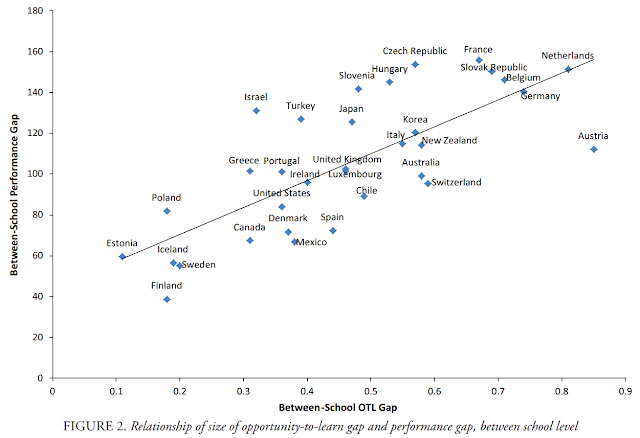Parents and Teachers and Basic Education

November is almost here. Once again, in Virginia, nature provides our eyes with an awe-inspiring scenery of autumn leaves. The green pigment chlorophyll has dominated all throughout summer but when the days get shorter, carotenoids, mostly orange or yellow, and anthocyanins, mostly red, begin to emerge. Schools have nearly finished through one quarter. Carving pumpkins coincide then with parent-teacher conferences being held inside classrooms. This is also a time for parents to sit down with their child's teacher. It is an opportunity for parents and teachers to join their heads together and examine how a particular child, their child, is doing in school. Every child is unique so it is no surprise that each child deserves a moment of reflection. Unlike examining results of standardized exams that provide for instance a nation's report card, these conversations are as individualized as possible. There are ways by which one can view basic education, through an overall lens or t...













